Faculty within the department participate in research from several different areas. Below is a listing of department faculty and their research focus:
Nicholas Brown
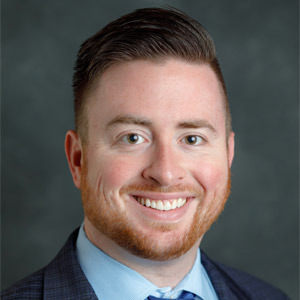
Nick Brown’s research includes nuclear reactor safety and simulation of reactor and system transients, advanced nuclear fuel and cladding materials, including nuclear fuel safety, and assessment and simulation of sustainable nuclear fuel cycles.
Livia Casali
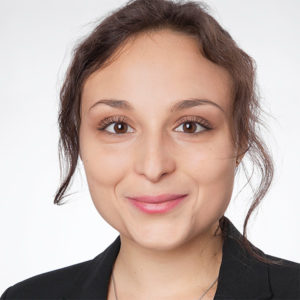
Livia Casali’s research includes radiative and detached divertors, divertor optimization and pedestal dynamic, impurity transport and core-edge integration solution to achieve high core performance scenarios with mitigated heat loads in magnetically confined fusion devices, and state-of-the-art computational modelling.
Ondrej Chvala
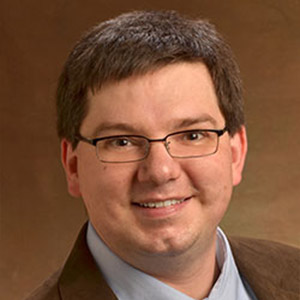
Ondrej Chvala’s research focus is in high performance computing applications to nuclear engineering, reactor core physics, and molten salt based nuclear systems.
Ivan Maldonado
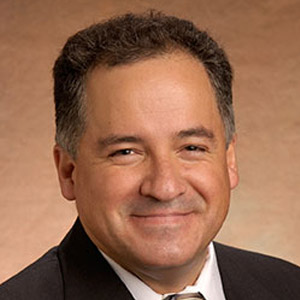
Ivan Maldonado’s research is in in-core fuel management, fuel cycle analysis, advanced reactors.
Giovanni Pastore
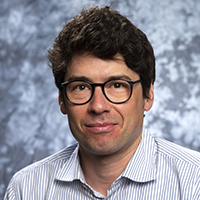
Giovanni Pastore’s research focus is in computational modeling of nuclear fuel thermo-mechanics and fission gas behavior applied in engineering fuel performance codes.
Ronald Pevey
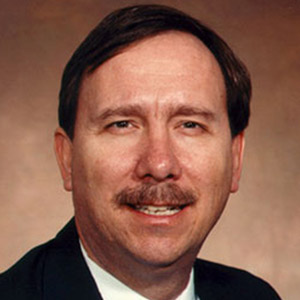
Ronald Pevey’s research focuses on reactor physics, thermal hydraulics, computer methods development, shielding, nuclear criticality safety.
Arthur Ruggles
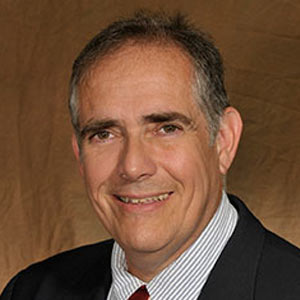
Arthur Ruggles’ research focuses on reactor thermal hydraulics, liquid metal flow and heat transfer, cavitation and fluid transients, accelerator target design, and microchannel flow.
Steven Skutnik
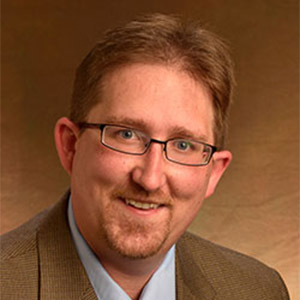
Steven Skutnik’s research interests pertain to sustainable nuclear fuel cycles, which includes the intersection of advanced nuclear fuel cycles, radioactive waste management, and novel safeguards techniques for advanced fuel cycle facilities.
Vladimir Sobes
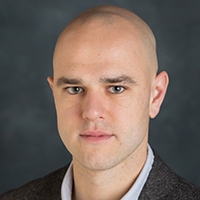
Vladimir Sobes’ research covers a broad spectrum of reactor physics. Research interests currently span four major areas: 1) nuclear data, 2) neutron transport methods development for advanced computing architectures, 3) sensitivity and uncertainty analysis and methods development, and 4) autonomous, artificial intelligence-based design of nuclear systems.
Lawrence Townsend
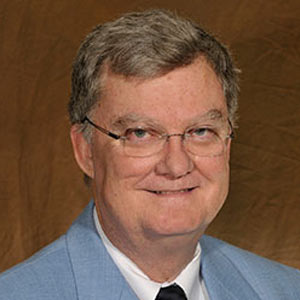
Lawrence Townsend’s research is focused on radiation physics, transport, shielding and risk assessment; nuclear and radiological engineering; theoretical nuclear physics.
Brian Wirth
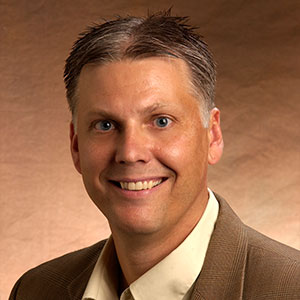
Brian Wirth’s research focus is in computational modeling and measurements of radiation effects in materials, molecular dynamics simulation, and nano-materials.
Nicholas Brown

Nick Brown’s research includes nuclear reactor safety and simulation of reactor and system transients, advanced nuclear fuel and cladding materials, including nuclear fuel safety, and assessment and simulation of sustainable nuclear fuel cycles.
Ondrej Chvala

Ondrej Chvala’s research focus is in high performance computing applications to nuclear engineering, reactor core physics, and molten salt based nuclear systems.
Jamie Coble
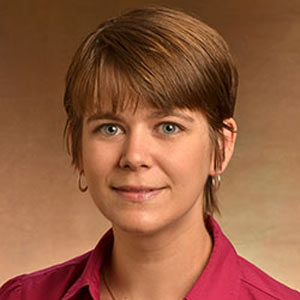
Coble’s research is primarily in applications of machine learning for equipment condition assessment, process and system monitoring, anomaly detection and diagnosis, failure prognosis, and integrated decision making. Her research interests expand on past work in nuclear system monitoring and prognostics to incorporate system monitoring and remaining useful life estimates into risk assessment, operations and maintenance planning, and optimal control algorithms.
Ivan Maldonado

Ivan Maldonado’s research is in in-core fuel management, fuel cycle analysis, advanced reactors.
Laurence Miller
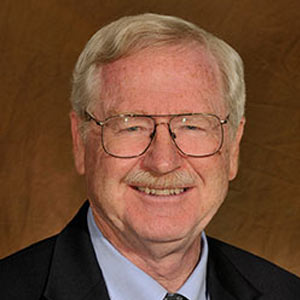
Miller’s research includes particle and radiation transport, diagnostics and surveillance, waste management, health physics, modeling and simulation, instrumentation and control. His current contract on evaluation of uncertainties of advanced nuclear fuel cycles will facilitate decision making on the selection of reactors and fuel cycles that will provide reliable electrical energy for thousands of years.
Steven Skutnik

Steve Skutnik’s research focuses on the sustainability of nuclear fuel cycles, which includes the intersection of advanced fuel cycle options, radioactive waste management, and novel safeguards techniques for advanced fuel cycle facilities. Some examples of this work include modeling of material accountancy strategies for pyroprocessing facilities and liquid-fueled molten salt reactors along with the development of new strategies for fissile material measurement in aqueous and salt-based media. This work also includes applications of reactor physics methods to fuel cycle and safeguards analyses, including contributions to the Origen nuclear fuel depletion code (part of the SCALE code package), integration of depletion capabilities into the Cyclus nuclear fuel cycle simulator (CyBORG), and developing techniques to integrate physical signatures and source terms into fuel cycle facility safeguards models.
Livia Casali

Livia Casali’s research includes radiative and detached divertors, divertor optimization and pedestal dynamic, impurity transport and core-edge integration solution to achieve high core performance scenarios with mitigated heat loads in magnetically confined fusion devices, and state-of-the-art computational modelling.
David Donovan

David Donovan’s research is focused on fusion energy science, plasma physics, plasma material interactions, and near term applications of nuclear fusion devices. His research group works on projects including plasma and heat flux diagnostic development and analysis with the Proto-MPEX experiment at ORNL, development of a low-flux He implantation stage for testing damage to fusion materials, collaborations with DIII-D fusion experiment on diagnostic development and ex-situ material characterization studies, and impurity transport studies in magnetically confined fusion devices.
Brian Wirth

Brian Wirth’s research focus is in computational modeling and measurements of radiation effects in materials, molecular dynamics simulation, and nano-materials.
Steven Zinkle
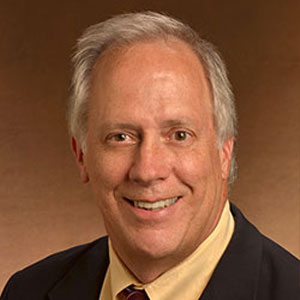
Steven Zinkle’s research interests include deformation and fracture mechanisms in structural materials, advanced manufacturing, and investigation of radiation effects in ceramics, fuel systems, and metallic alloys for fission and fusion energy systems. Much of his research group activities utilize materials science to explore fundamental physical phenomena that are important for advanced nuclear energy applications, focusing on microstructure-property relationships with heavy emphasis on advanced transmission electron microscopy techniques.
Nicholas Brown

Nicholas Brown’s research group focuses on pragmatic multi-physics solutions to nuclear science and engineering challenges. Specific areas of interest include advanced nuclear reactor design, sustainable nuclear fuel cycles, and advanced nuclear fuel and cladding materials.
Jamie Coble

Coble’s research is primarily in applications of machine learning for equipment condition assessment, process and system monitoring, anomaly detection and diagnosis, failure prognosis, and integrated decision making. Her research interests expand on past work in nuclear system monitoring and prognostics to incorporate system monitoring and remaining useful life estimates into risk assessment, operations and maintenance planning, and optimal control algorithms.
Wes Hines
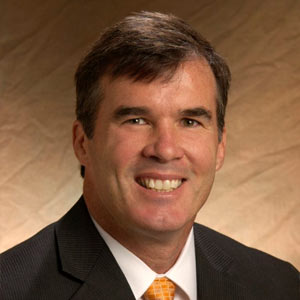
Wes Hines conducts research in artificial intelligence and advanced statistical techniques applied to process diagnostics, condition-based maintenance, and prognostics; and has made notable accomplishments in the invention and development of reliability enhancing condition monitoring technologies.
Arthur Ruggles

Arthur Ruggles’ expertise is in fluid flow and heat transfer. His group has developed specialized nuclear instrumentation for opaque fluids and complex flow geometries, with current use in flow in porous media, and recent extension to single cell tracking in pre-clinical PET scanners. Past research applications include accelerator target design, fusion plasma diverter design, and data creation suited to reactor performance model validation supporting extended power uprates.
Belle Upadhyaya
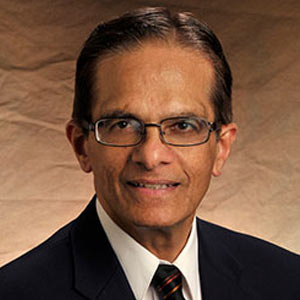
Professor Emeritus Upadhyaya is focused on instrumentation and controls, reactor dynamics, advanced digital signal processing, power and process plant monitoring and diagnosis, autonomous and fault-tolerant control, small modular reactors, integral light water reactors, sodium fast reactors, molten salt reactors, nuclear desalination, sensor placement strategies, accelerated aging of detectors and equipment, nondestructive examination, and reliability and maintainability engineering.
Richard Wood
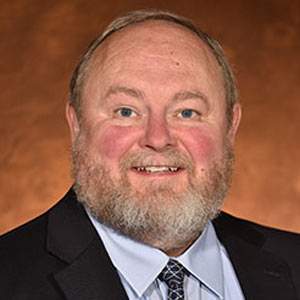
Richard Wood is leading research into instrumentation and control (I&C) for space nuclear reactors, autonomous operation of advanced reactors and common-cause failure of equipment with embedded digital devices.
Xingang Zhao
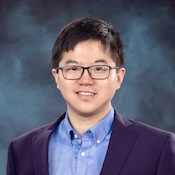
Xingang Zhao’s research interests span multiple disciplines of nuclear energy systems—with emphasis on thermal hydraulics and instrumentation and controls (I&C)—and their intersections with artificial intelligence (AI) & machine learning (ML) and decision science.
Nicholas Brown

Nicholas Brown’s research in the nuclear fuels area is focused on the reactor performance and safety characteristics of novel fuels, as well as the safety and transient testing of advanced fuel and cladding. His research also includes collaborations with both INL and ORNL on separate and integral effects tests of advanced nuclear fuel and cladding materials. Present collaborations include with TREAT team at INL, the Severe Accident Test Station at ORNL, and the Modified Burst Test at ORNL.
Khalid Hattar
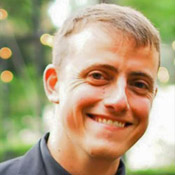
Khalid Hattar’s research is focused on the structure-property evolution of materials exposed to coupled extreme environments during either material processing or aging during operation. For the former, this includes investigating the fundamental understanding of materials during ion beam modification or laser-based additive manufacturing. For the later, this utilizes a range of ion and laser beams to explore the thermal, mechanical, and radiation stability of materials for current and future generation of nuclear reactors, fusion energy systems, space travel, and other coupled extreme operating environments. When possible in-situ pump-probe laser, electron microscopy, or ion beam analysis techniques are incorporated to best understand the dynamic evolution of microstructure and chemistry during the materials evolution.
Maik Lang
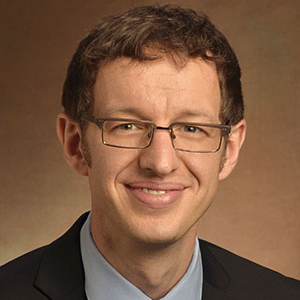
Maik Lang’s research is focused on the behavior of nuclear materials under extreme conditions such as ion irradiation, high pressure and high temperature. His research group investigates particularly the defect structure and disorder that is induced in a wide range of ceramics with energy-related applications. Advanced structural characterization at large user facilities, such as the Spallation Neutron Source at ORNL, is an important component of the research efforts to identify the atomic-scale processes that lead to the degradation of materials in different environments.
Ivan Maldonado

Ivan Maldonado’s research in areas supporting current and future nuclear fuel forms focuses primarily upon the associated neutronics modeling and fuel cycle analyses that provide the input data for subsequent evaluations, such as thermal-mechanical fuel performance assessments. In past collaborations, for example, Dr. Maldonado’s research group provided spatial and temporal power history information for representative light water reactors to Dr. Wirth’s research group for their fuel performance evaluations of accident tolerant fuel (ATF) using the BISON code. Likewise, neutronics simulations of next generation designs, such as liquid salt cooled reactors (FHRs), small modular reactors (SMRs), and TRISO-bearing fuels are research activities that support the assessment of viable nuclear fuel forms for the future.
Brian Wirth

Brian Wirth’s research investigates the performance of nuclear fuels, structural materials and plasma facing components in nuclear environments, with the objective to improve predictions about the longevity of nuclear reactor components and lead to the discovery of new, high-performance, radiation resistant materials for advanced nuclear fission and fusion energy power plants. His research approach involves an integrated and multi-disciplinary combination of computational multiscale materials modeling with experimental processing and characterization of materials structure and properties from the nanometer to continuum length scales, to elucidate the dynamics of materials behavior. His research group is currently funded by the U.S. Department of Energy, Office of Nuclear Energy, Office of Advanced Scientific Computing Research, and the Office of Fusion Energy Sciences, in addition to support from Oak Ridge National Laboratory.
Steven Zinkle

Steve Zinkle’s research interests include deformation and fracture mechanisms in structural materials, advanced manufacturing, and investigation of radiation effects in ceramics, fuel systems, and metallic alloys for fission and fusion energy systems. Much of his research group activities utilize materials science to explore fundamental physical phenomena that are important for advanced nuclear energy applications, focusing on microstructure-property relationships with heavy emphasis on advanced transmission electron microscopy techniques.
Jason Hayward
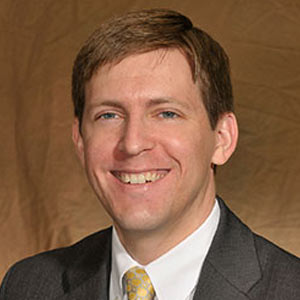
Jason Hayward’s research focuses on radiation instrumentation, especially for nonproliferation technologies and imaging. Hayward holds faculty appointments with Oak Ridge National Laboratory, where many of his students work, and the joint UT-ORNL Bredesen Center for Interdisciplinary Research. He also serves as the Nuclear Engineering Director of Graduate Studies and as the Deputy Executive Director for the Nuclear Science and Security Consortium. Prior to his time in academia, Hayward served as a U.S. Naval Officer for eight years, working first for Nuclear Propulsion Program and then for the Office of Naval Research and Naval Research Lab.
Lawrence Heilbronn
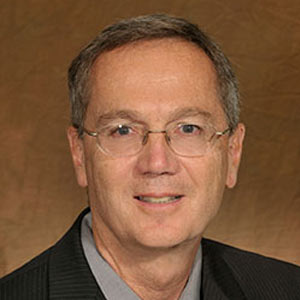
Lawrence Heilbronn’s research focus includes high-energy secondary neutron measurements from heavy-ion reactions; measurements of radiation transport through novel shielding materials; measurements of fission neutron-induced cross sections; benchmark calculations of heavy-ion transport models; measurements of light-ion production that are relevant to radioprotection; studies of the effects of Galactic Cosmic Rays; and production of radioisotopes for use in medical, power and nuclear security applications.
Michael Liesenfelt
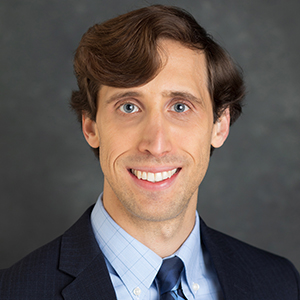
Michael Liesenfelt’s research interests center on advanced imaging technologies including: high speed active interrogation for security/nonproliferation, industrial non-destructive testing/inspection/evaluation, medical imaging, Compton scatter radiographic methods, dual/multi energy methods, ray-tracing physics-based computed tomography, radiation detection system integration, and high performance CPU/GPU data processing.
Eric Lukosi
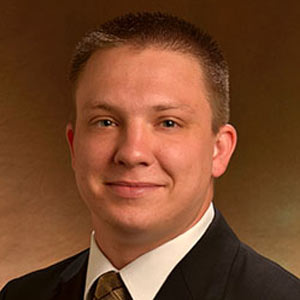
Eric Lukosi’s research is focused on the development of radiation detection systems. Previous and current research includes advanced sensor design, development, and applications in neutron imaging for nuclear security and materials science studies, particle tracking sensors for the Large Hadron Collider, and quality assurance of radiotherapy cancer treatments. Additionally, he has recently established and is the Director of the Micro-Processing Research Facility at the University of Tennessee.
Chuck Melcher
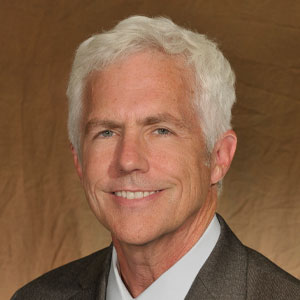
Chuck Melcher and his graduate students discover and develop new scintillation materials that will form the basis for the next generation of gamma-ray, X-ray, and neutron detectors. Their research typically begins by growing crystals of new materials in the Scintillation Materials Research Center. Students then investigate the radiation response of their crystals using sophisticated instrumentation at the university as well as at various national user facilities. The group is widely known for their discoveries of new materials that are being developed for potential applications in nuclear security inspection systems, medical imaging systems, particle physics experiments, and geophysical exploration.
Xianfei Wen

Xianfei Wen’s research focuses on radiation detection and imaging technologies for nuclear security and nuclear safeguards, low-level and high-level radioactive waste management in nuclear decommissioning, and applied nuclear data measurements and validation. His work involves state-of-the-art radiation sensors and digital data acquisition electronics.
Ivis Chaple Gore
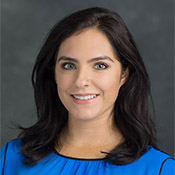
Research interests include radioisotope production, radiochemistry, and nuclear medicine imaging and therapy applications.
Jason Hayward

Hayward’s research focuses on radiation instrumentation, especially for nonproliferation technologies and imaging.
Lawrence Heilbronn

Heilbronn’s research focus includes high-energy secondary neutron measurements from heavy-ion reactions; Measurements of radiation transport through novel shielding materials; Measurements of fission neutron-induced cross sections; Benchmark calculations of heavy-ion transport models; Measurements of light-ion production that are relevant to radioprotection; Studies of the effects of Galactic Cosmic Rays; and Production of radioisotopes for use in medical, power and nuclear security applications.
Eric Lukosi

Lukosi’s research interests include radiation instrumentation and detector development, active and passive interrogation techniques, topics of counterterrorism and nonproliferation, nuclear batteries, and measurement of fundamental nuclear physical quantities.
Laurence Miller

Miller’s research includes particle and radiation transport, diagnostics and surveillance, waste management, health physics, modeling and simulation, instrumentation and control. His current contract on evaluation of uncertainties of advanced nuclear fuel cycles will facilitate decision making on the selection of reactors and fuel cycles that will provide reliable electrical energy for thousands of years.
Lawrence Townsend

Townsend’s research is focused on radiation physics, transport, shielding and risk assessment; nuclear and radiological engineering; theoretical nuclear physics.